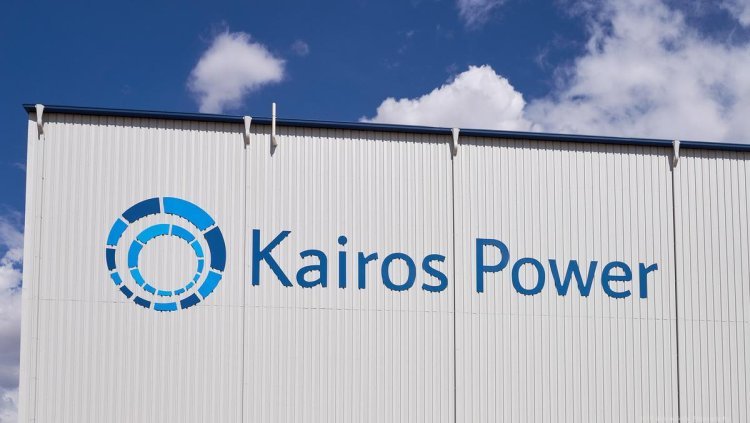Google Partners with Kairos Power to Secure Nuclear Energy for AI Demands
Google has signed a pioneering agreement with Kairos Power to purchase electricity from small modular reactors to meet the growing energy demands of artificial intelligence. The partnership aims to bring the first reactor online by 2030 and signals a commitment to sustainable energy solutions.

Google Partners with Kairos Power to Secure Nuclear Energy for AI Demands
Google has made a groundbreaking move by signing the world’s first corporate agreement to purchase electricity from multiple small modular reactors to address its growing energy needs for artificial intelligence. The technology giant’s collaboration with Kairos Power is set to bring the company's first small modular reactor online by 2030, with plans for additional reactors to follow by 2035.
While the financial terms of the agreement remain undisclosed, Google has committed to purchasing a total of 500 megawatts of power from six to seven small modular reactors. This output is notably smaller than that of traditional nuclear reactors, reflecting a shift towards innovative energy solutions tailored for future demands.
Michael Terrell, Google’s senior director for energy and climate, emphasized the importance of nuclear energy in meeting the company's continuous electricity requirements. He stated that nuclear energy offers a clean and reliable solution that aligns with the company's sustainability goals.
The rise in power demand among technology firms has prompted several recent agreements with nuclear power companies. Notably, Amazon made headlines in March by acquiring a nuclear-powered data center from Talen Energy. Additionally, last month, Microsoft entered into a power agreement with Constellation Energy to revitalize a unit at the Three Mile Island plant in Pennsylvania, the site of the worst nuclear accident in U.S. history in 1979.
According to estimates from Goldman Sachs, U.S. data center power consumption is projected to triple between 2023 and 2030, necessitating around 47 gigawatts of new generation capacity. The analysts noted that natural gas, wind, and solar power would likely be required to fill this growing energy gap.
However, for Kairos Power to proceed with its plans, it must secure full construction and design permits from the U.S. Nuclear Regulatory Commission (NRC) as well as local agency approvals, a process that can be time-consuming. Last year, Kairos received a construction permit from the NRC to build a demonstration reactor in Tennessee.
Scott Burnell, an NRC spokesperson, affirmed that the commission is prepared to efficiently review applications for new reactors, signaling a supportive regulatory environment for emerging nuclear technologies.
Small modular reactors (SMRs) are designed to be more compact than traditional nuclear facilities, with components manufactured in a factory setting rather than constructed on-site, potentially lowering construction costs. Critics of SMRs, however, argue that they may not achieve the economies of scale that larger plants benefit from. Furthermore, concerns persist regarding the management of long-lasting nuclear waste, particularly in light of the absence of a permanent repository in the United States.
By committing to a comprehensive order book framework with Kairos Power rather than purchasing individual reactors, Google aims to signal strong demand to the market and make a long-term investment that will expedite the development of small modular reactors.
Click Here to Visit
What's Your Reaction?
















